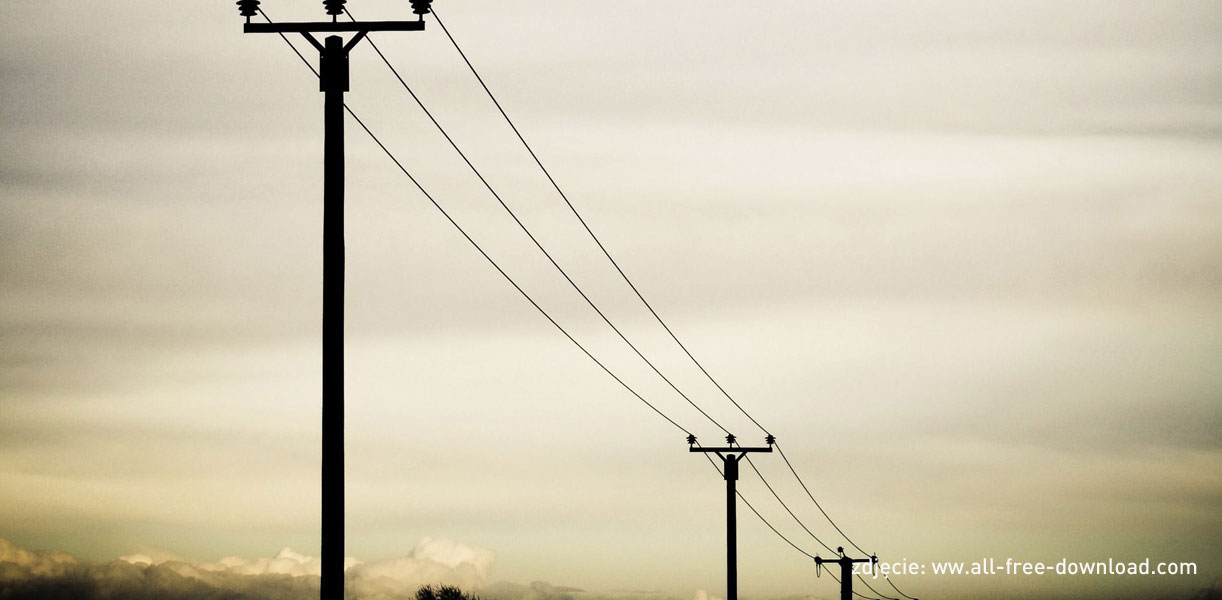On Tuesday, November 24 this year The Council of Ministers adopted the Draft Act amending the Energy Law and certain other acts.
The adopted draft amendment provides for the creation of a central energy market information system (CSIRE). Its operator (OIRE) will be the electricity transmission system operator. The act is to indicate what data can be collected and shared. The planned amendment also provides for the installation of remote reading meters by electricity distribution system operators (DSOs) – the so-called intelligent. By the end of 2023, it is expected to have at least 15 percent. recipients of a given DSO, two years later – 35 percent, at the end of 2027 this ratio is to be at least 65 percent, and by the end of 2028 – at least 80 percent. Data from the meters on the energy taken from the grid and fed into it will be summed up in 15-minute periods. Data on power, quality parameters and others will also be collected, the collection of which will be provided for in separate regulations. The amendment to the act is to implement European regulations on cross-border transmission capacities and, inter alia, on the definition of an energy market participant. It can be any recipient, including the one without legal personality.
Electricity storage
The project also provides for solutions for electricity storage – they will be, inter alia, exempt from tariff obligations, and warehouses with a capacity of up to 10 MW will not require a license, while those with aid above 50 kW will have to be entered in the register of warehouses of the appropriate operator. The draft assumes that the billing for the electricity transmission and distribution service for the warehouse is based on the balance rule – the basis for calculating the grid rate is to be solely the difference between the amount of electricity collected by the electricity storage and energy reintroduced into the grid from this storage, which is determined by itself as a loss in the process of storing electricity. According to the justification, the electricity introduced from the electricity storage to the grid will be consumed by the end user who will be charged the grid fee for this amount of electricity consumed. The draft also introduces provisions establishing the obligation for the storage system operator to prepare operation and operation instructions for the storage installation and to consult it with system users and submit it for approval by the President of the ERO, similar to the current obligation to prepare network operation and operation instructions, both by the distribution system operator and transmission system operator.
Closed distribution systems
In addition, it introduces the legal basis for the operation of closed distribution systems. Pursuant to the draft act, the President of ERO may recognize industrial plants, shopping centers and shared service centers as a closed distribution system if they meet the conditions set out in the above article. However, the proposed provision excludes the possibility of granting the closed system status to housing cooperatives and developers. At the same time, it is possible to grant it to entities with company estates inhabited by employees and retired employees of the entity. A Distribution System Operator who obtains a decision to grant the status of a Closed Distribution System operator in the scope of operating in the system covered by the decision will be released from the obligation to:
1) submission of tariffs for approval, subject to certain reservations,
2) preparation of development plans for meeting the current and future demand for gaseous fuels or electricity for a period of not less than 5 years.
Recuperation of electric energy returned to the overhead contact line as a result of vehicle braking
The draft also introduces a legal basis for the recuperation of electricity returned to the overhead contact line as a result of vehicle braking. According to the added art. 5h in the Energy Law Act (point 8 of the Draft), the above mechanism will cover railway vehicles, trams and trolleybuses, and the billing of the electricity supplied, in the event of its return to the distribution network or the traction network connected to the distribution network as a result of vehicle braking, will be on the basis of the difference in the amount of electricity collected and returned by a given customer, determined on the basis of actual indications of metering and billing devices.
Pursuant to the proposed wording of the provisions in question, the settlement of electricity losses in the overhead contact line connected to the distribution network and in the distribution network during the delivery or return of this energy will be made on the basis of a contract.
Importantly, in accordance with point 34 of the Draft, economic activity in the field of generating electricity introduced to the overhead contact line connected to the distribution network of an electricity distribution system operator or the distribution network of an electricity distribution system operator, as a result of braking the vehicles mentioned above, will be excluded from the obligation to obtain a license.



